
Plan International is a large, multi-national NGO that works in more than 75 countries. Not necessarily the kind of organisation you would expect to be the ideal partner for Goŋ-Ḏäl Aboriginal Corporation (Goŋ-Ḏäl), a small, entrepreneurial highly committed and aspirational social enterprise in remote East Arnhem Land. But alignment of values and the way both organisations have approached the partnership – with mutual respect, ‘both-ways’ learning and working from the ‘ground-up’ – has meant the collaboration is already successful and showing great promise for the future.
Goŋ-Ḏälwas established in 2014 by the Yolŋu people in East Arnhem Land, for the benefit of all Yolŋu clans and people living in the region. It takes its name from one of the founding leaders of this area who worked tirelessly to unite the Yolŋu clans and found the town of Gapuwiyak. He was given the familiar name ‘Goŋ-Ḏäl’ by his brothers (‘Goŋ’ means hand and ‘Ḏäl’ means strong, firm, and steady) because he displayed these qualities in everything that he did. Embodying his spirit and values, the vision of the corporation is: “Yolŋu peoples living culturally strong, healthy, self-determined and economically independent lives in our Homelands and Gapuwiyak”.
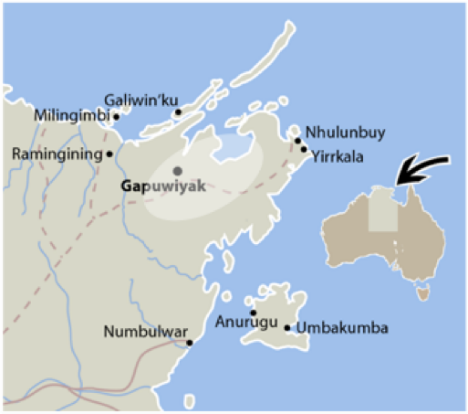
Established in 2014 by Yolŋu leaders, the Goŋ-Ḏäl Aboriginal Corporation is a social enterprise based in Gapuwiyak, a remote town in East Arnhem Land in the top end of the Northern Territory.
One of Goŋ-Ḏäl's first commercial ventures was an accommodation and business village in Gapuwiyak. It was the perfect location for Adam Greig who had been appointed by Plan International Australia to investigate partnership opportunities in Arnhem Land. Adam connected with Juli Cathcart, Goŋ-Ḏäl’s General Manager, and its Yolŋu Directors, in particular Gawura Wanambi, Yangipuy Wanambi and the late Mr W Wunungmurra. They quickly realised that the synergies and shared values of Plan and Goŋ-Ḏäl could form the basis of a mutually beneficial relationship.
In the words of the director
Gawura Wanambi, Goŋ-Ḏäl’s Founding Director and Chairperson, and current Executive Director says, “For many years, Gapuwiyak has not had a Yolŋu representative body recognised by Australian Governments. We felt we were being treated like sheep, especially when the Intervention was declared in 2007. Then the super-shires were forced on our communities, local government no longer belongs to the Yolŋu, the agenda is set by others. We the Yolŋu were not properly recognised, the power was taken from us. From this situation some of us started talking about the idea of establishing a new corporation that could represent the Yolŋu in Gapuwiyak and its homelands and we could claim our power back by using a corporation as a way to start making local decisions. With Goŋ-Ḏäl Corporation I want to see every Yolŋu in Gapuwiyak and its homelands doing real work, not getting sit-down-money. I want to see children getting jobs after they finish school. I want to see Yolŋu people running their own businesses. I want to see Yolŋu rom (law, culture and kinship) recognised and valued by all Australians especially our own children. I want this Corporation to be able to open the minds of Government and others so that we can work both-ways, together, for the long term.” (Goŋ-Ḏäl Aboriginal Corporation Prospectus, 2014)
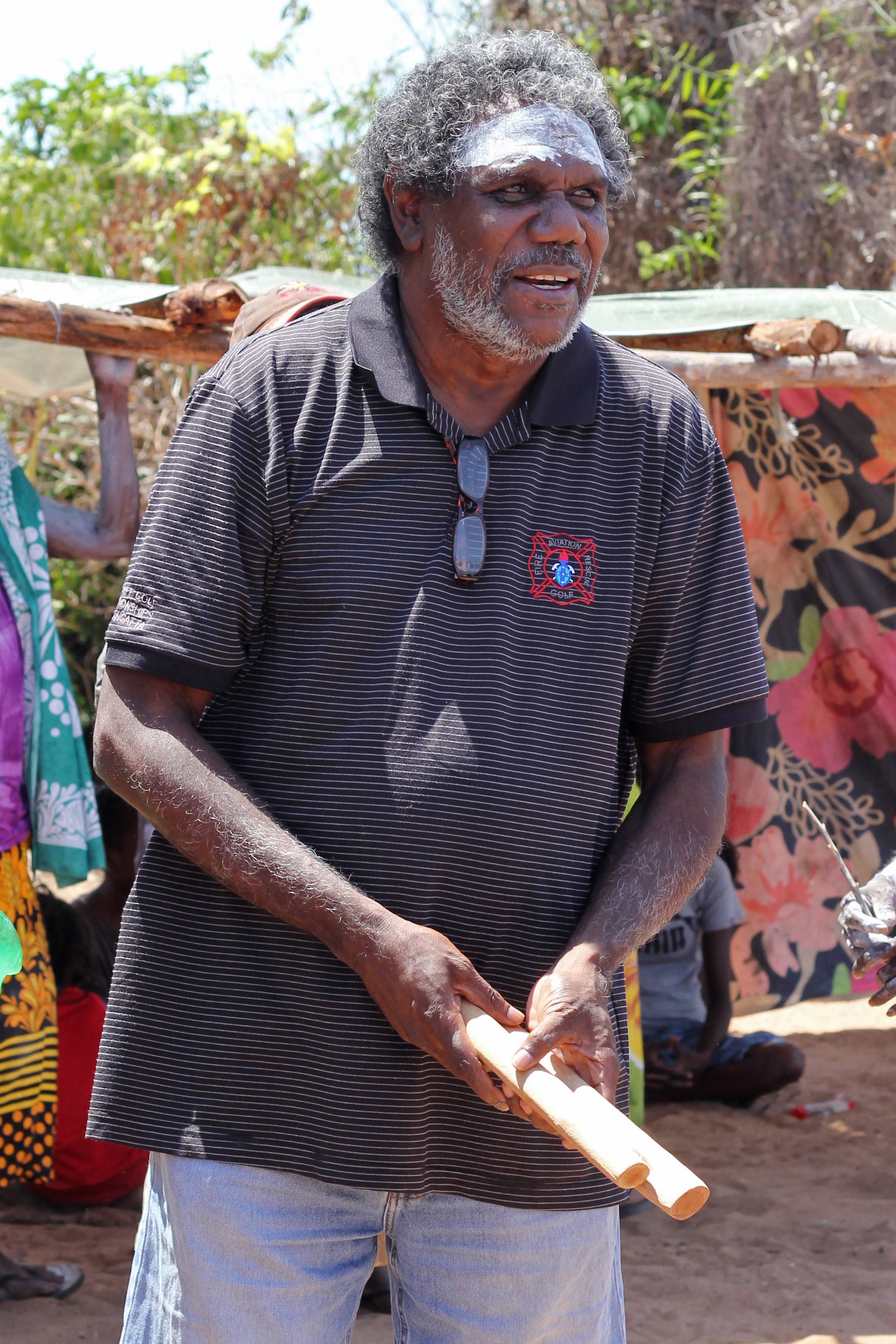
Marraŋu Elder and Founding Director of Goŋ-Ḏäl Aboriginal Corporation, Gawura Wanambi leading a ceremony in his homeland of Raymangirr.
Why ‘both-ways learning’ and ‘working from the ground-up’ are so important
In a true partnership, both parties learn from each other and work together. Crucial to the success of the relationship is the way both organisations approach it, seeking to learn from each other and grow their own capabilities. They call this ‘both-ways’ learning.
Juli says that ‘both-ways’ learning permeates the work and relationship of Goŋ-Ḏäl and Plan: “We workshop everything, paying equal attention to Yolŋu and Western cultures – both learning from each other.”
“The gurruṯu system underlies and organises everything in the Yolŋu world. Everything and everyone are named and connected through this multi-dimensional matrix of relationships. Bringing Yolŋu and Western knowledge systems respectfully together in a spirit of open inquiry and dialogue facilitates mutual understanding and also creates the opportunity to generate new knowledge.” – Juli Cathcart, General Manager, Goŋ-Ḏäl Aboriginal Corporation
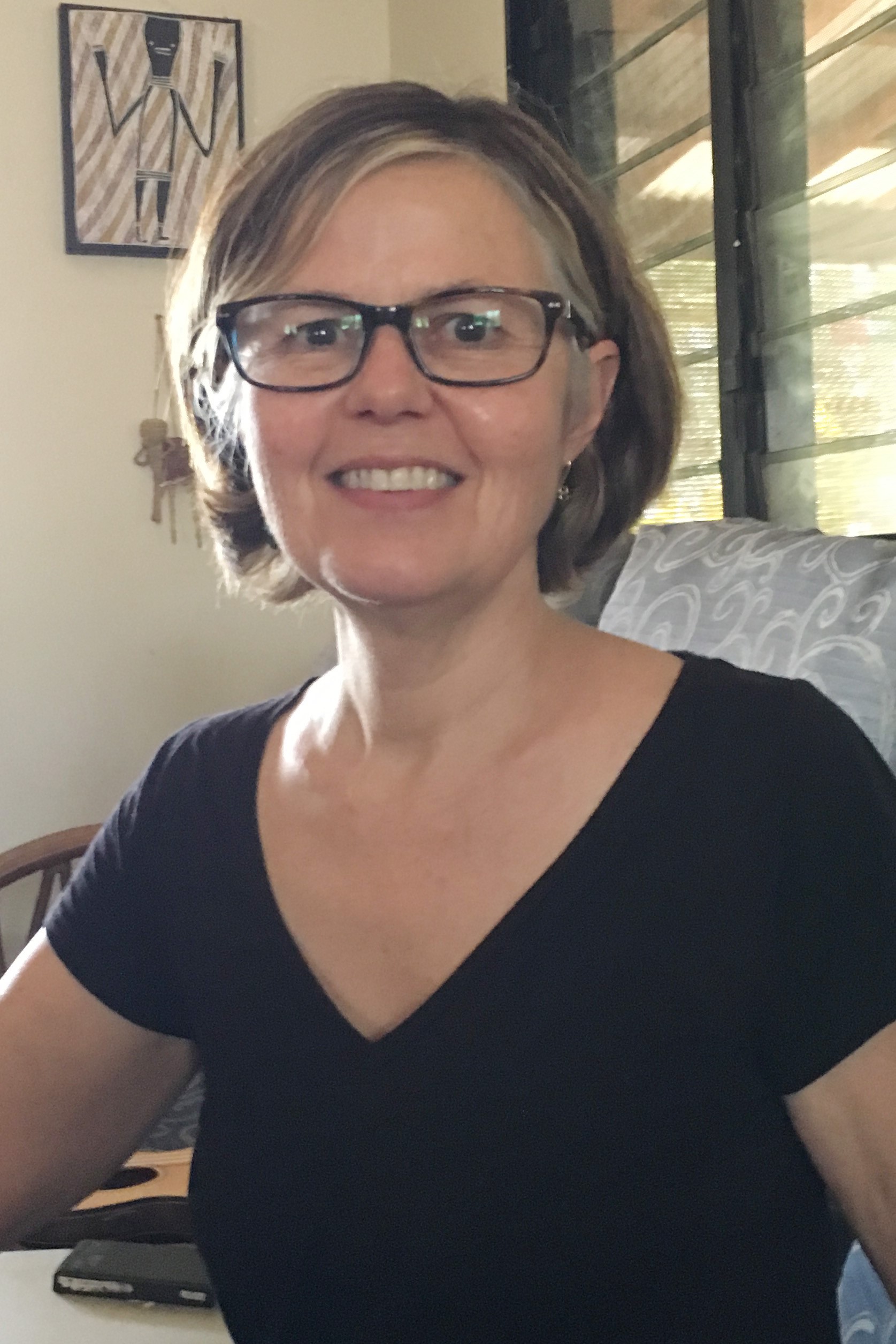
According to Juli, working through the Yolŋu system of gurrutu is central to this:
Juli says, “Hand-in-hand with ‘both-ways’ learning is the practice of working from the ‘ground-up’ – living and working alongside Yolŋu leaders and people on their country, focussing on the problems of the moment in ways that enable, strengthen and empower local Yolŋu leadership, governance and aspirations.
Embracing the philosophy and practice of both-ways learning and ground-up working enables Plan to work in a highly productive way with Goŋ-Ḏäl and Yolŋu people, and is critical to successful partnerships with Yolŋu.”
John Morley, who is the Plan Program Manager, also emphasises this significance:
“‘Both-ways’ is a concept that infuses the relationship. We entered into this relationship deliberately and we were clear, all the way up to Board level, about what we thought we could learn from it. In a lot of places, we’re working right now there’s a movement towards what’s called localisation. It’s not the Westerners telling people what to do, it’s locals leading. There is such a strong sense of local leadership and decision making within Goŋ-Däl and in Arnhem Land as a whole that means we can take our experiences from there to Solomon Islands and PNG and pretty much anywhere.”
“A crucial part of the agreement is that we play a supporting role, Yolŋu voices will be the first to be heard on issues relating to their wellbeing. We act as a friend, but perhaps as a ‘critical friend’, someone you can talk to and trust about important issues.” – John Morley, Program Director, Plan International
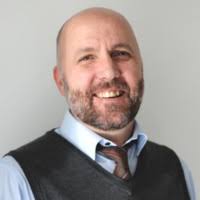
Juli sums it up well:
“Plan is big picture and has a lot of experience… but looks for partnerships with like-minded organisations that they can work with on the ground. This is perfect for the Goŋ-Ḏäl elders who don’t want to do it all on their own. They want good partnerships — productive relationships where you can get the best outcomes, and get the learning and growth.”
How Plan is making a positive difference to Goŋ-Däl and Yolŋu people
Plan and Goŋ-Ḏäl have signed a formal agreement which establishes their joint intent to work together for the long-term benefit of all Yolŋu clans and people living in the Miyarrka (Arnhem Bay) region of East Arnhem Land, with a special emphasis on homelands, children and young people. Plan’s international expertise and strong reputation in running programs for young people in Indigenous and minority communities was part of what was exciting to Goŋ-Ḏäl.
Acting as a valuable sounding-board to Juli and the Goŋ-Ḏäl directors, Plan is helping the corporation to shape its longer-term strategic objectives, and to assess and develop new opportunities. For this, Plan is drawing on its experience in international development to put Goŋ-Ḏäl’s concerns, achievements and successes in a global context. Plan’s expertise is useful in helping the Goŋ-Ḏäl team assess and validate their experiences, giving them an informed perspective on how their progress and experiences stack up against other Indigenous groups around the world.
So far, the partnership has been enormously successful and has contributed to Goŋ-Ḏäl increasing its businesses and grant funding from around $50,000 to over $500,000 in just two years. Although Plan is the first to acknowledge that the Goŋ-Ḏäl team have done the lion’s share of the work, the Directors and Juli say there is no doubt that the Plan partnership is making a significant and extremely positive difference to its achievements. Currently the two organisations are exploring options for rangers, and starting to work with Yolŋu families to co-design a unique, meaningful cultural tourism venture based on their ancestral lands.
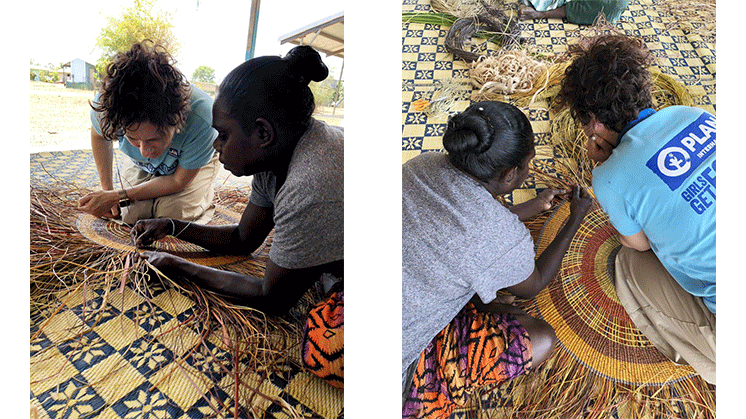
Homeland School teacher and accomplished artist, Joanne Yindiri Guyula shows Susanne Legana, Plan CEO, the intricate Yolŋu twining process used to make traditional baskets and mats at Donydji Homeland during Plan’s visit to Arnhem Land in September 2019.
Establishing a social impact fund is critical for long-term flexible investment
An important strategic project for both Goŋ-Ḏäl and Plan is establishing a social impact fund to enable long-term investment.
The social impact fund will be critical to helping Goŋ-Ḏäl achieve its vision as, unlike many government grants, the money won’t be tied to any one project, so will be able to be used flexibly. The priorities for this fund are areas like ‘life-long learning’, business development in homelands and filling critical gaps such as the provision of reliable water, power, telecommunications and the internet. These are all essential for building a sustainable economy that Yolŋu people can determine and manage themselves with the ongoing support of Goŋ-Ḏäl.
To achieve its ambitious, longer-term objectives, Goŋ-Ḏäl needs a partner that is committed to a similar time-frame. According to John, Plan is fully dedicated to this:
“We made a commitment at a Board level for five years but we are wanting that to be longer and that’s why we’re looking at things like a Trust fund to ensure that it goes longer…I don’t think anyone should start a relationship with an organisation like Goŋ-Ḏäl and think it’s something you can do for a year...You need to work together for a generation to be true to them and to the communities that they are trying to serve.”
This suits Juli, Gawura, Yangipuy and the other Directors, who say that in their opinion the way Plan is working with them is “absolutely best practice”.
